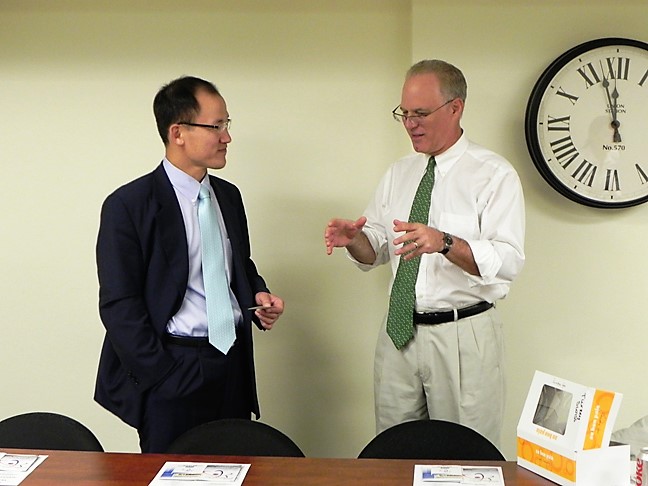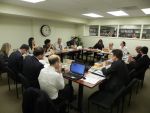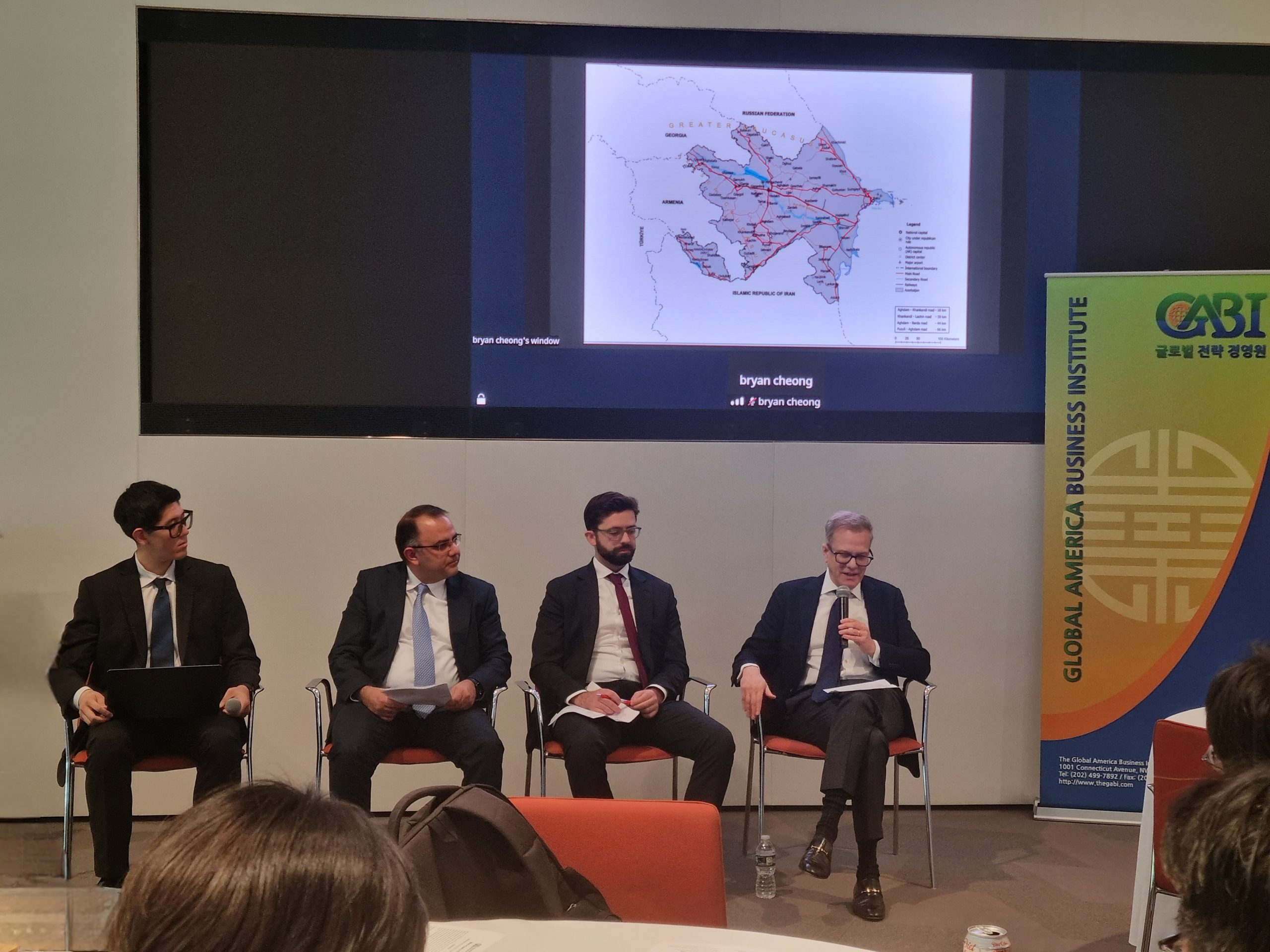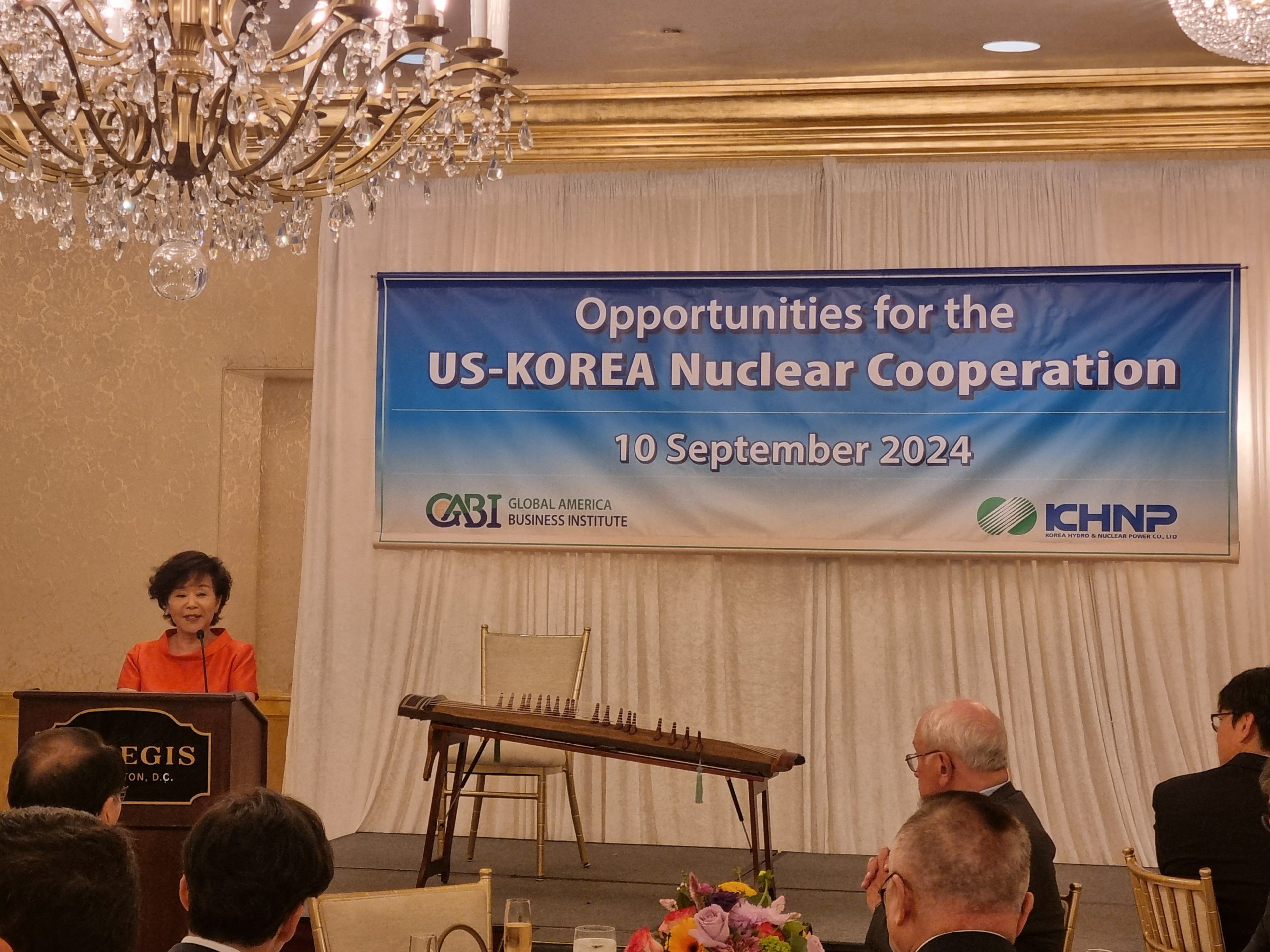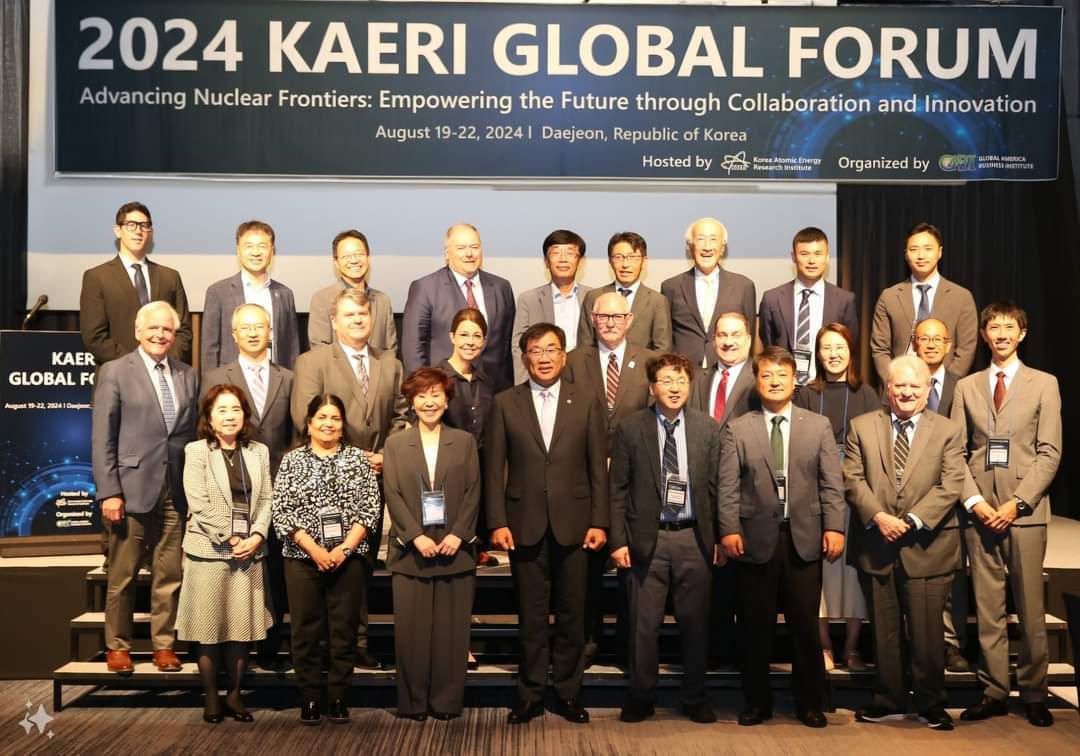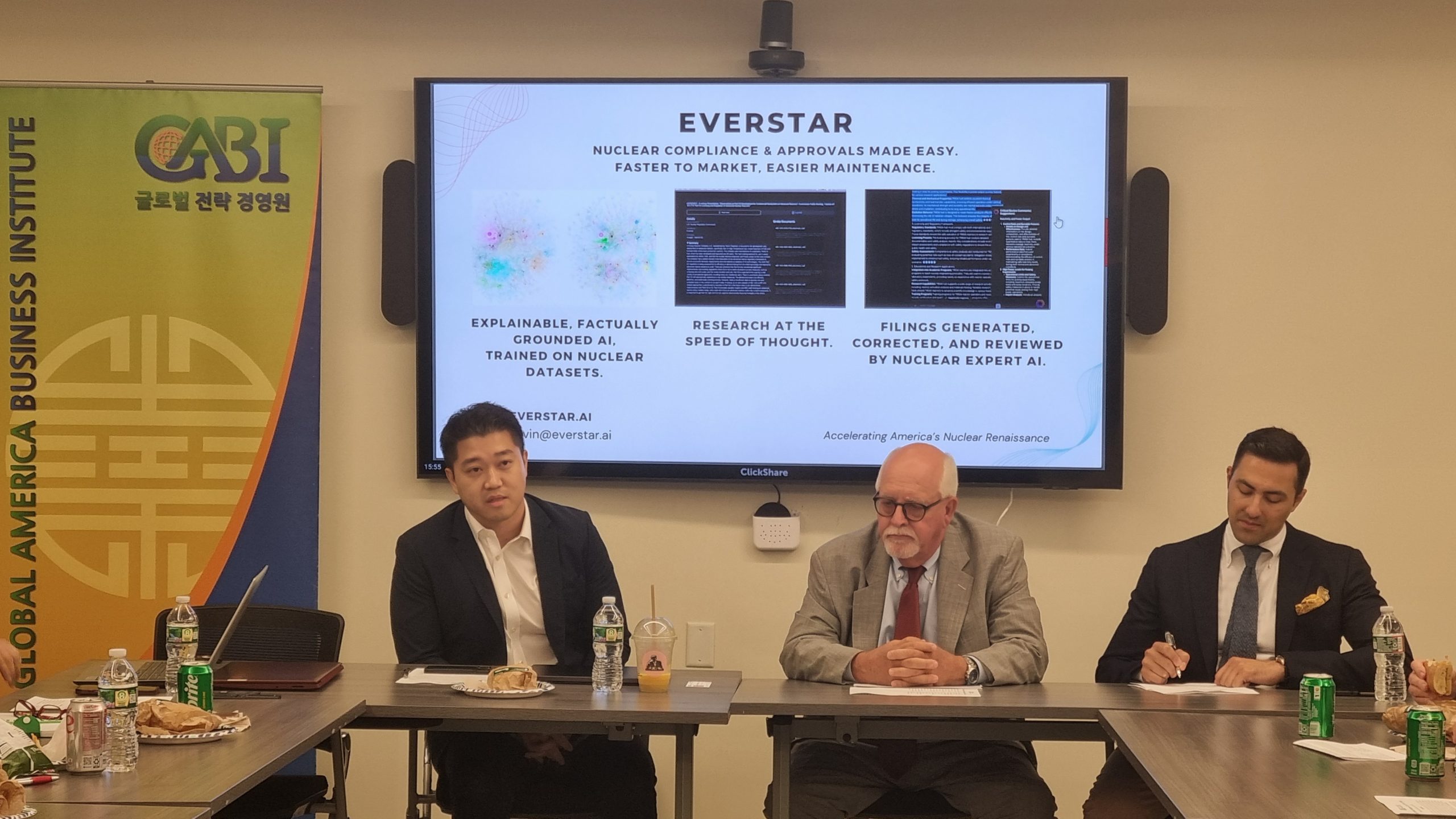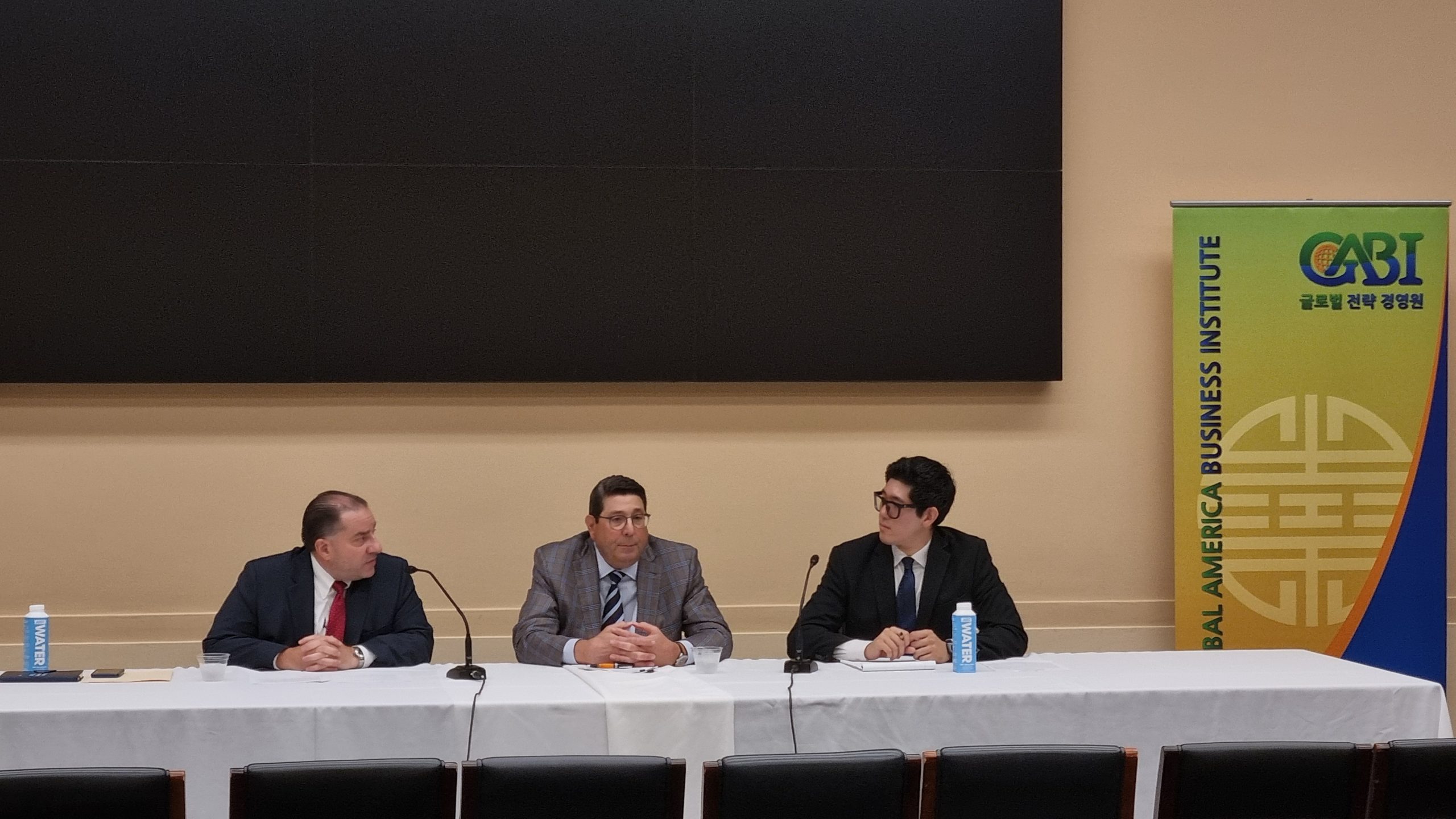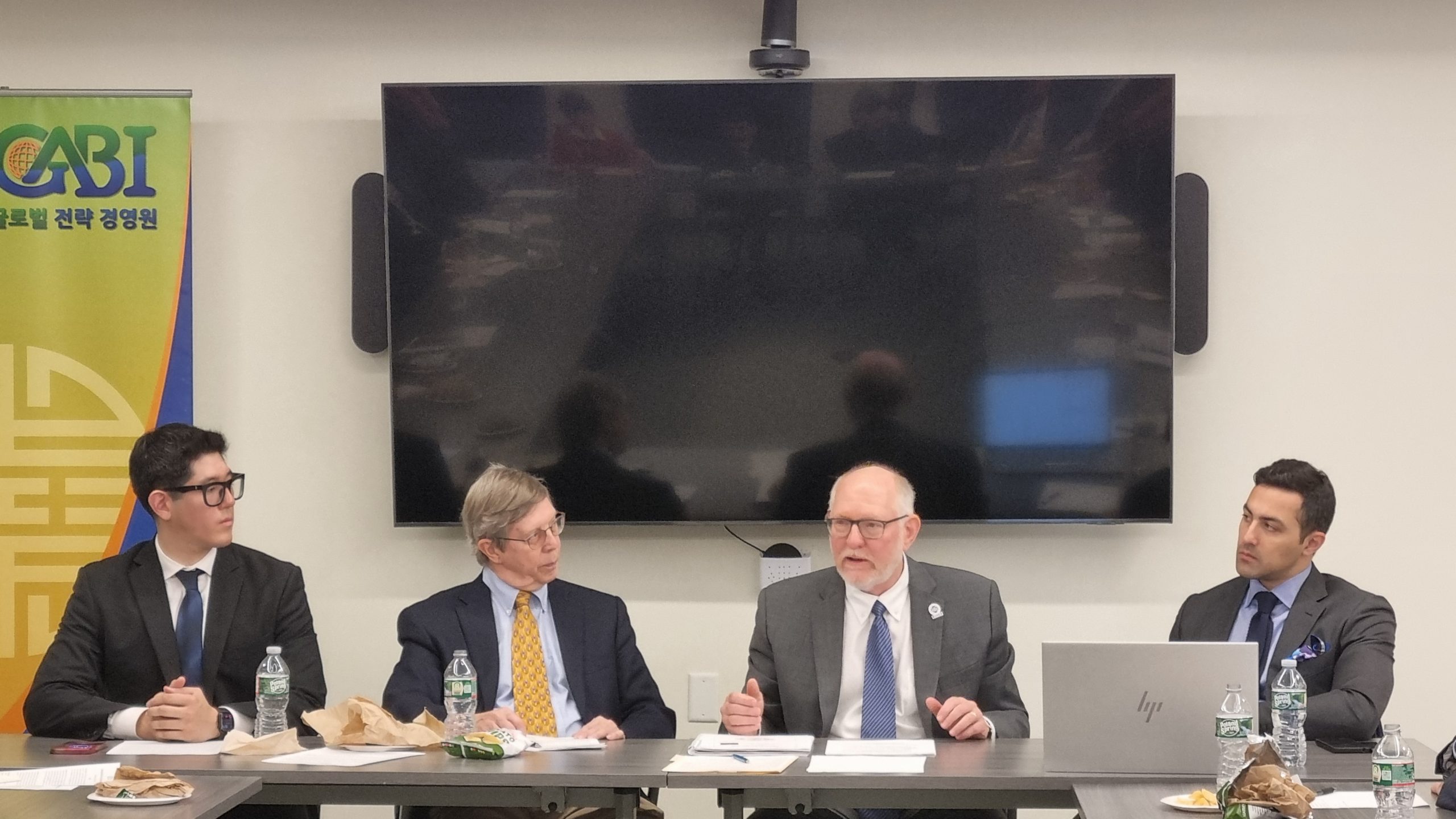While the merits of closing the nuclear fuel cycle are normally debated in technical and economic terms, security issues are often set aside as secondary concerns in such discussions. South Korea, Japan, and China have long expressed interest in developing nuclear reprocessing, and have generally justified their aspirations on the basis of energy security and waste management considerations. However, given the relatively perilous security environment that currently exists in Pacific Asia, there are those who argue that recycling technologies are also coveted as a means to build latent nuclear weapons capabilities and that the proliferation of such technologies would heighten regional instability. According to this perspective, the promotion of natural gas and grid efficiency measures would best address the energy problems of the countries in question. This alternate solution, in conjunction with enhanced security coordination and arms control efforts, would presumably alleviate pressures to develop closed fuel cycles. With a rising China, an uncertain future in North Korea, and fears of declining US commitment to the region, ascertaining intentions and allaying both energy and national security concerns will be critical to Asia’s future.

